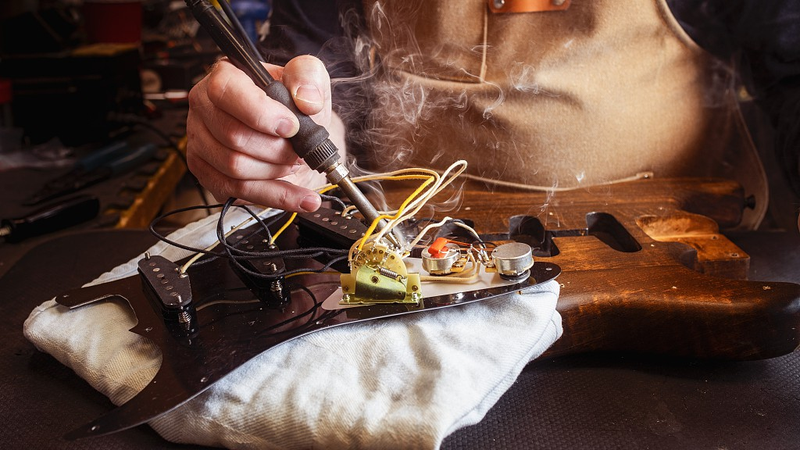When Sarah Lin founded her pedal workshop in Ohio, she never imagined a policy thousands of miles away would threaten her business. Today, tariffs on imported components from 14 countries have driven costs so high that she fears bankruptcy.
Across the U.S., many small business owners in music tech, apparel and electronics are sounding the alarm. One recent industry check found nearly half of producers grappling with rising import fees and supply chain headaches. For pedal makers, components like circuit boards, potentiometers and casings now carry steep surcharges, slicing into already narrow margins.
'Our component costs have shot up by double-digit percentages almost overnight,' Lin says. 'We are a small team, and our customers—often young musicians—cannot absorb big price hikes.'
This scenario underscores a global lesson: modern products weave together parts from multiple continents, and a single tariff shift can send shockwaves around the world. A pedal might use circuits from the Taiwan region, knobs from Europe and connectors from Latin America, with each link facing its own fees.
To stay afloat, some makers are scouting local vendors or sustainable materials, while others weigh passing costs to consumers or scaling back production. For digital nomads and design students tracking the next wave of music tech, the story is a reminder that trade policies shape the creative tools we depend on.
In a connected world where a guitar pedal sources parts from 14 countries, the struggle of Ohio's small business community is both a cautionary tale and a call for dialogue on balancing policy, innovation and the global economy.
Reference(s):
U.S. guitar pedal manufacturer fears bankruptcy due to tariff impact
cgtn.com




